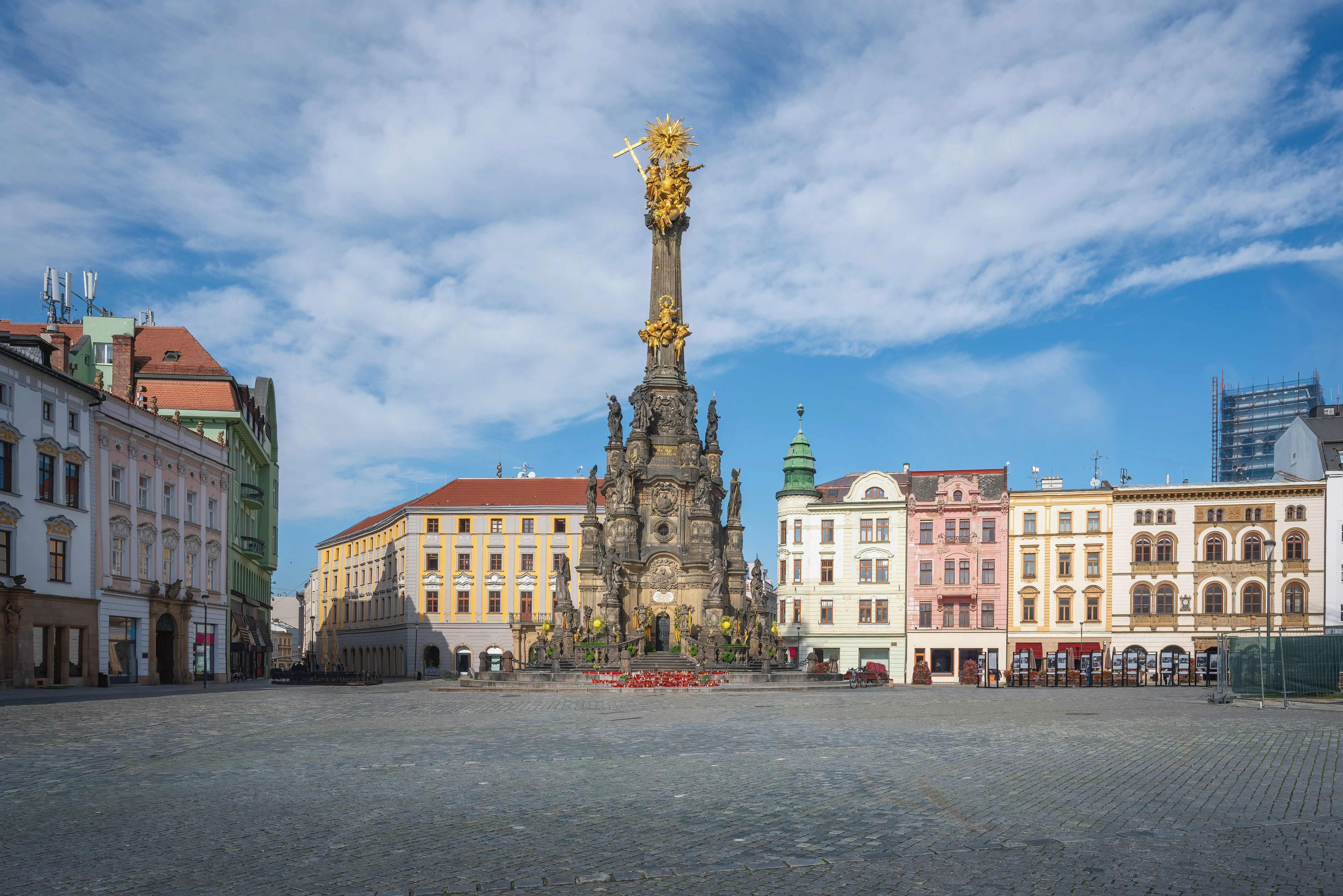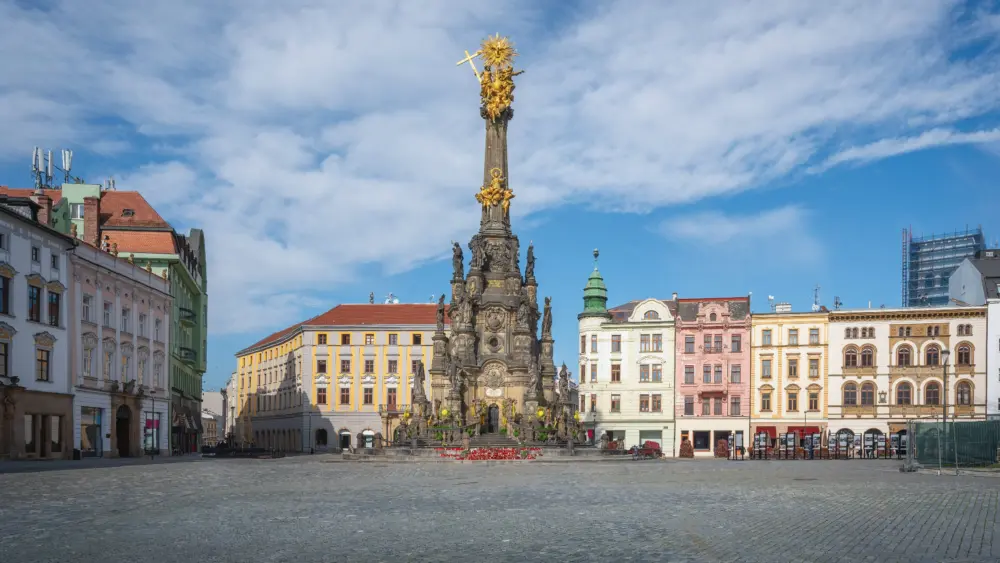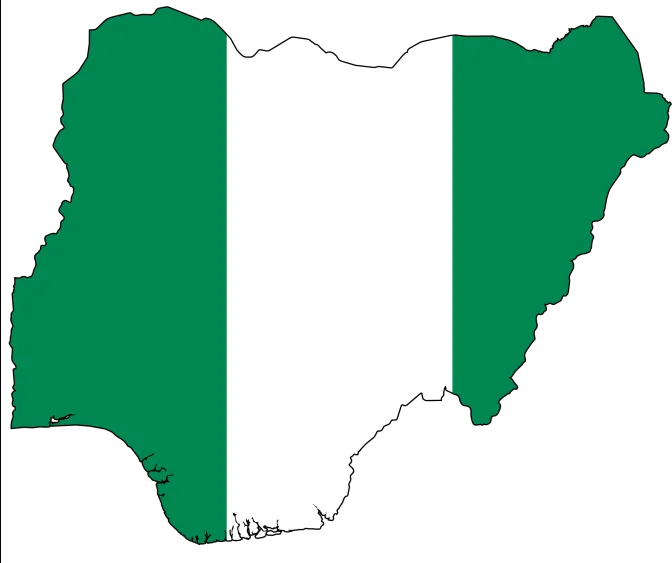
Upper Square and Holy Trinity Column - Olomouc, Czech Republic
by Stefan J. Bos, Worthy News Europe Bureau Chief
PRAGUE/BUDAPEST (Worthy News) – Surveys suggest that the Czech Republic may soon join Hungary and Slovakia in forming a bloc of Central and Eastern European nations challenging Brussels as voters head to the polls October 3–4 in a crucial parliamentary election.
Former Prime Minister Andrej Babiš, a billionaire often compared to U.S. President Donald J. Trump, is widely expected to win most votes with his Action of Dissatisfied Citizens (ANO) party.
ANO belongs to Hungarian Prime Minister Viktor Orbán’s “Patriots for Europe” alliance, a group opposing deeper European Union integration, migration policies, and climate measures.
Polls show ANO at just above 30 percent, about 10 points ahead of Prime Minister Petr Fiala’s center-right Spolu (Together) alliance. While Fiala has reduced the national deficit and aligned Prague closely with the EU and war-torn Ukraine, his government faces widespread discontent amid inflation and high living costs.
Babiš has promised to cap energy prices, lower the retirement age, cut taxes, and oppose the EU’s migration pact and “green agenda.” He has also questioned continued Western-backed arms deliveries to Ukraine.
However, analysts warn Babiš could again struggle to form a stable coalition, as mainstream parties refuse to govern with him or his potential allies on the radical right or left, many of whom are hostile to the EU and NATO military alliance. Czech President Petr Pavel has also signaled he will not approve ministers advocating an exit from Western institutions.
Brussels is watching closely, amid fears that a Babiš comeback could create a third anti-EU agitator in Central Europe, complicating the bloc’s unity on issues ranging from Ukraine aid to climate commitments.
The post Czech Elections Could Strengthen Orbán-Linked Populist Bloc In Europe appeared first on Worthy Christian News.










